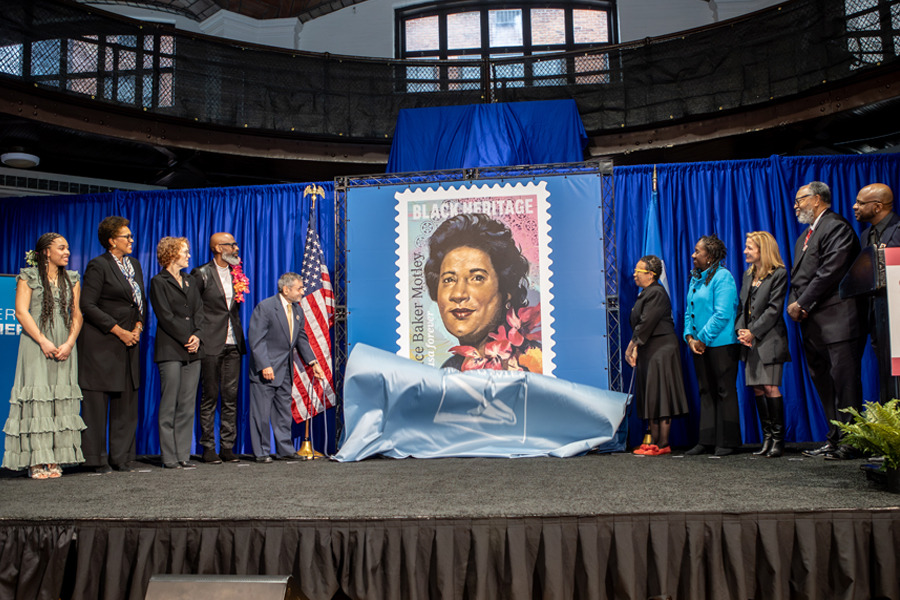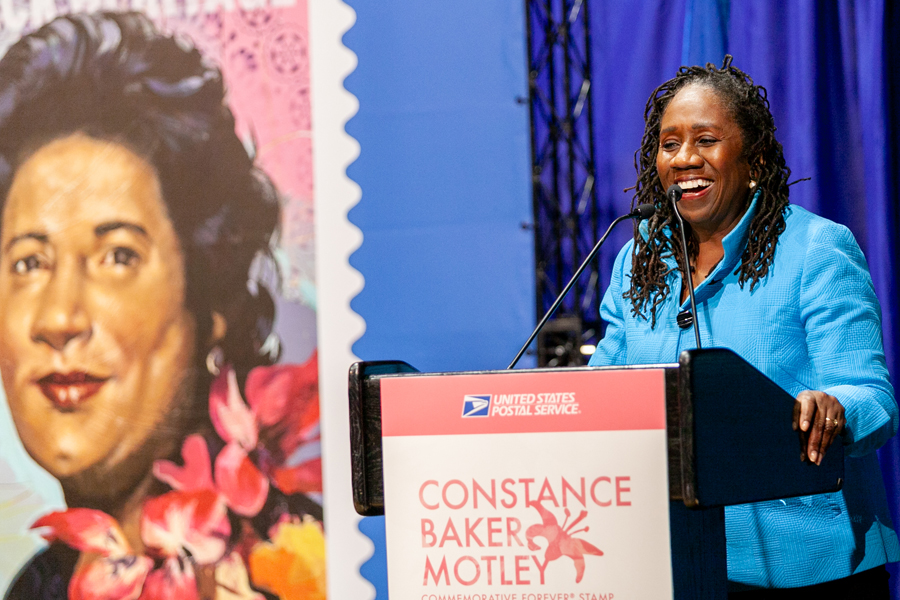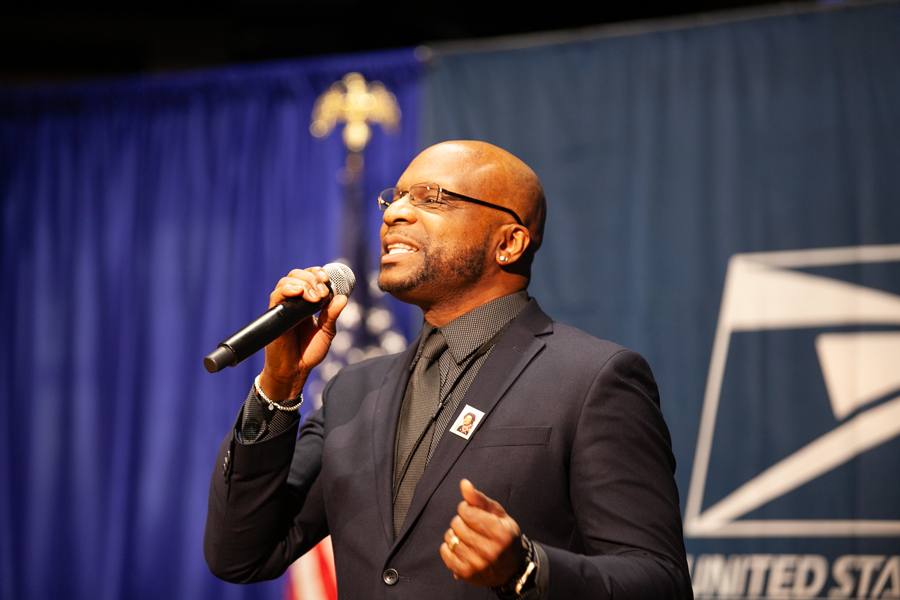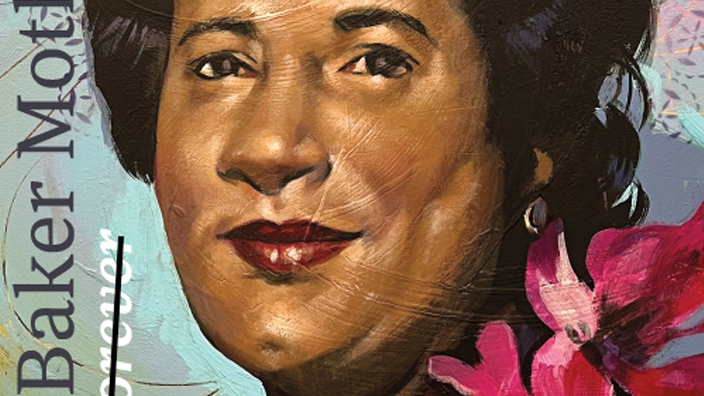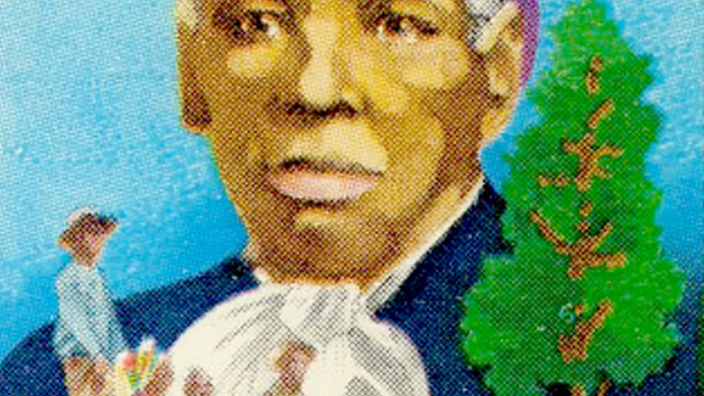Constance Baker Motley’s remarkable contributions as a civil rights pioneer and judiciary trailblazer were lauded during the Postal Service’s Jan. 31 dedication ceremony for the stamp in her honor.
Motley, the first African American woman to argue a case before the U.S. Supreme Court and the first to serve as a federal judge, is the 47th honoree in the Black Heritage stamp series.
“Judge Motley was a brilliant legal strategist who conquered adversities, helped dismantle legal segregation and served as a role model and mentor for those who followed in her footsteps. Her tireless work and unwavering dedication impacted nearly every touchpoint of the 20th-century Civil Rights Movement,” said Anton G. Hajjar, a member of the USPS Board of Governors who spoke at the ceremony.
The event was held at a recreation center named for Motley in New York City.
Other speakers included Sue Donoghue, commissioner of the New York City Department of Parks and Recreation; Constance Royster, Motley’s niece; Charly Palmer, the stamp artist; Sherrilyn Ifill, a former president and director-counsel of the NAACP Legal Defense Fund; William Kuntz II, a judge for the U.S. District Court for the Eastern District of New York; and Gillian Lester, dean of Columbia Law School.
Gloria Browne-Marshall, a professor of constitutional law at the City University of New York’s John Jay College of Criminal Justice, was master of ceremonies.
The ceremony also featured performances by singers Craig Stagg and Anahera Smith-McDaniel.
Motley began her career in 1945 working for future Supreme Court Justice Thurgood Marshall at the NAACP Legal Defense and Educational Fund. She would stay 20 years, rising to associate counsel, second from the top.
While working for the organization, she sued the University of Mississippi on behalf of James Meredith, who had been refused entrance, and the state of Mississippi on behalf of the Freedom Riders, who had been jailed while testing interstate transportation laws.
She also represented Martin Luther King Jr. after he was arrested for marching in Birmingham, AL, in 1963.
Motley worked on about 60 cases that reached the Supreme Court. She won nine of the 10 cases she argued before it.
She and her colleagues often faced danger and disrespect as they challenged the entrenched racist system of the South. She also experienced sexism at a time when female lawyers were a rarity.
In 1966, Motley was nominated by President Lyndon B. Johnson to a seat on the U.S. District Court for the Southern District of New York — the largest and busiest federal trial court in the country.
Despite her nomination being held up for seven months by Sen. James Eastland, a strident segregationist from Mississippi, Motley took the oath in 1966 — the first African American woman on the federal bench.
She rose to chief judge in 1982 and senior judge in 1986.
Motley was awarded the Presidential Citizens Medal in 2001 by President Bill Clinton. She died in 2005.
“It never felt like hers was a household name among the giants of the Civil Rights Movement, or easily associated with landmark cases or clients, when in fact she was,” said Royster. “Behind familiar names like James Meredith, Charlayne Hunter Gault, Judy Heumann, Melissa Ludtke and many others was a great servant of the law — Constance Baker Motley.”
The stamp — which features a portrait of Motley by Palmer, based on an Associated Press photograph — is available in panes of 20 at Post Offices and usps.com.

